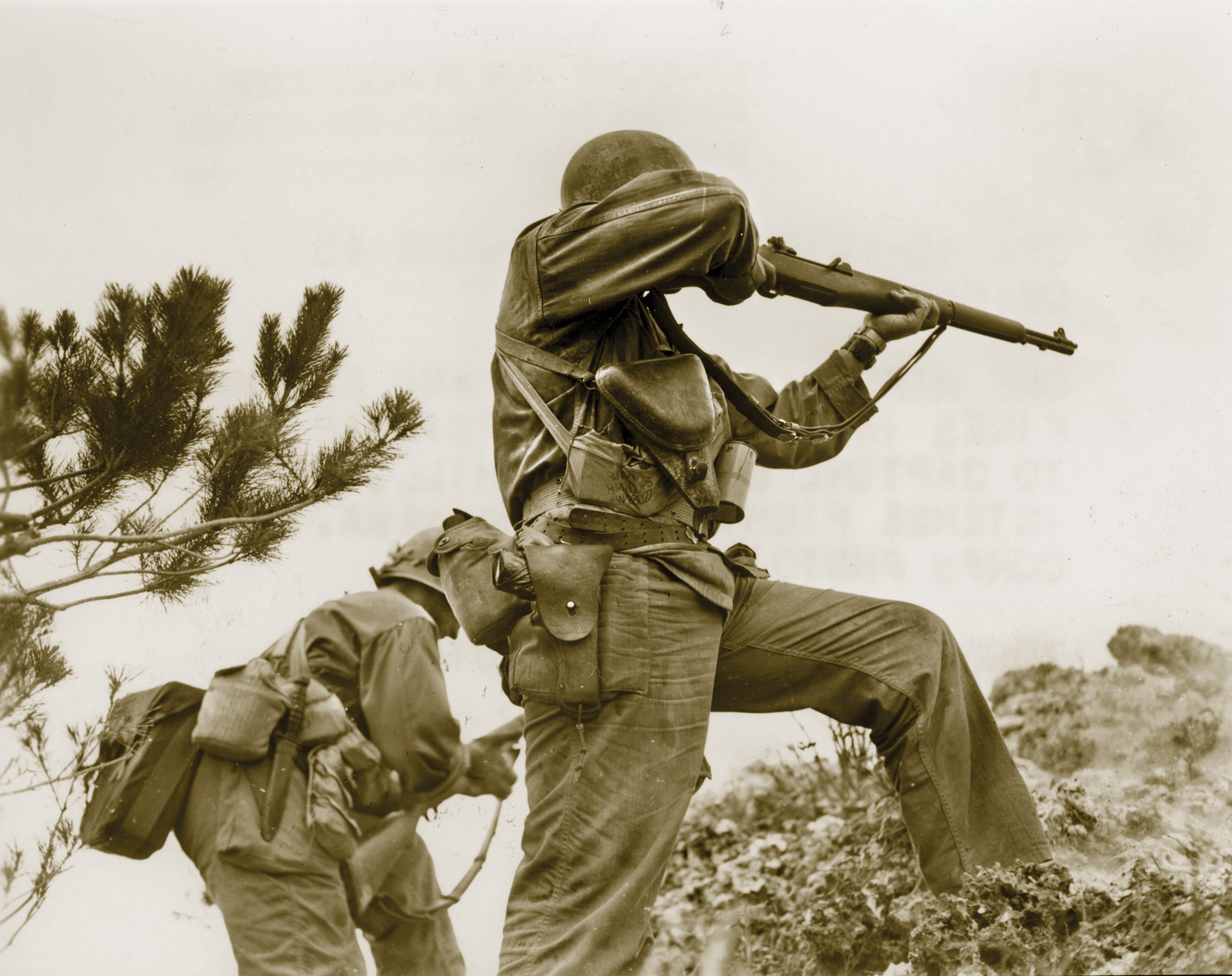Hacksaw Ridge remains one of the most significant battlegrounds in World War II history, capturing the attention of historians, war enthusiasts, and moviegoers alike. This legendary ridge was the site of fierce combat during the Battle of Okinawa. Understanding its geographical and strategic importance is crucial to appreciating the events that unfolded there.
The map of Hacksaw Ridge offers a detailed insight into the terrain that soldiers faced during the conflict. This article will delve into the historical significance, the layout of the battlefield, and the challenges faced by troops on both sides. By exploring the map, we can better understand the strategies employed and the sacrifices made.
Whether you are a history buff, a student of military tactics, or simply curious about this pivotal moment in world history, this guide will provide a comprehensive overview of the Hacksaw Ridge map and its relevance today. Let's begin our journey into this storied battleground.
Read also:Debbie Depp The Untold Story Of A Hollywood Legacy
Table of Contents
- Historical Overview of Hacksaw Ridge
- Geographical Significance of the Ridge
- Battle Tactics and Strategies
- Key Locations on the Map
- Challenges Faced by Troops
- Modern-Day Map of Hacksaw Ridge
- Cultural Impact of Hacksaw Ridge
- Historical Records and Documentation
- Conclusion: Reflecting on Hacksaw Ridge
- Further Reading and Resources
Historical Overview of Hacksaw Ridge
Hacksaw Ridge holds a prominent place in World War II history. Located on the island of Okinawa, this steep cliff was a critical strategic point during the Battle of Okinawa in 1945. The ridge's rugged terrain made it an ideal defensive position for the Japanese forces, who fortified it with bunkers and artillery.
Origins of the Conflict
The Battle of Okinawa was one of the bloodiest battles of the Pacific War. The United States aimed to capture Okinawa as a staging ground for the invasion of mainland Japan. Hacksaw Ridge, with its commanding view of the surrounding area, was a key objective for the American forces.
Key dates to note:
- April 1, 1945: U.S. troops land on Okinawa
- May 1945: Intense fighting at Hacksaw Ridge
- June 22, 1945: The battle officially ends
Geographical Significance of the Ridge
The geographical features of Hacksaw Ridge played a crucial role in the battle. The steep cliffs and rocky terrain made it difficult for advancing troops to gain a foothold. Understanding these geographical challenges is essential to appreciating the strategies used by both sides.
Topography of the Area
The ridge is characterized by:
- Sheer cliffs
- Steep inclines
- Limited access points
These features made it a formidable obstacle for the invading forces, requiring innovative tactics to overcome.
Read also:Layla Jenner Wikipedia The Rising Stars Journey And Everything You Need To Know
Battle Tactics and Strategies
The battle for Hacksaw Ridge involved intricate planning and execution of tactics. Both the American and Japanese forces employed unique strategies to gain the upper hand.
American Tactics
The U.S. military utilized:
- Artillery bombardment
- Infantry assaults
- Engineers to clear obstacles
These tactics were crucial in breaking through the Japanese defenses and securing the ridge.
Key Locations on the Map
The map of Hacksaw Ridge highlights several key locations that were pivotal during the battle. Understanding these locations provides insight into the strategic importance of the ridge.
Maeda Escarpment
Also known as Hacksaw Ridge, this escarpment was the primary objective for the American forces. Its capture was essential for advancing further into Okinawa.
Challenges Faced by Troops
Troops on both sides faced numerous challenges during the battle. The harsh conditions and relentless combat tested the endurance and resolve of every soldier involved.
Environmental Challenges
Factors such as:
- Heavy rain
- Steep inclines
- Limited supplies
compounded the difficulties faced by the troops, making the battle even more grueling.
Modern-Day Map of Hacksaw Ridge
Today, the map of Hacksaw Ridge serves as a historical record of the events that transpired. Modern mapping technologies have allowed for a more detailed understanding of the terrain and its features.
Visitors to Okinawa can explore the area and gain a firsthand appreciation of the challenges faced by the soldiers who fought there.
Cultural Impact of Hacksaw Ridge
The story of Hacksaw Ridge has had a lasting impact on popular culture. The 2016 film "Hacksaw Ridge," directed by Mel Gibson, brought the story to a global audience, highlighting the bravery of soldiers like Desmond Doss.
The film's success has renewed interest in the historical events and the map of Hacksaw Ridge, inspiring many to learn more about this pivotal moment in history.
Historical Records and Documentation
Historical records provide valuable insights into the battle for Hacksaw Ridge. Documents from both the American and Japanese forces offer detailed accounts of the strategies and tactics employed.
Sources to consult:
- National Archives
- U.S. Army historical records
- Japanese military documents
These records help to piece together the events that unfolded on the ridge and provide a comprehensive understanding of the battle.
Conclusion: Reflecting on Hacksaw Ridge
The map of Hacksaw Ridge serves as a testament to the bravery and sacrifice of the soldiers who fought there. By understanding the geographical, tactical, and cultural aspects of the battle, we can better appreciate its significance in world history.
We invite you to share your thoughts and reflections in the comments section below. Additionally, explore our other articles for more insights into World War II history and beyond. Together, let's continue to honor the memory of those who served.
Further Reading and Resources
For those eager to delve deeper into the history of Hacksaw Ridge, consider the following resources:
- "With the Old Breed" by Eugene Sledge
- "Okinawa: The Last Battle" by Roy E. Appleman
- U.S. Army Center of Military History
These resources provide additional context and detailed accounts of the events that unfolded on Hacksaw Ridge.


